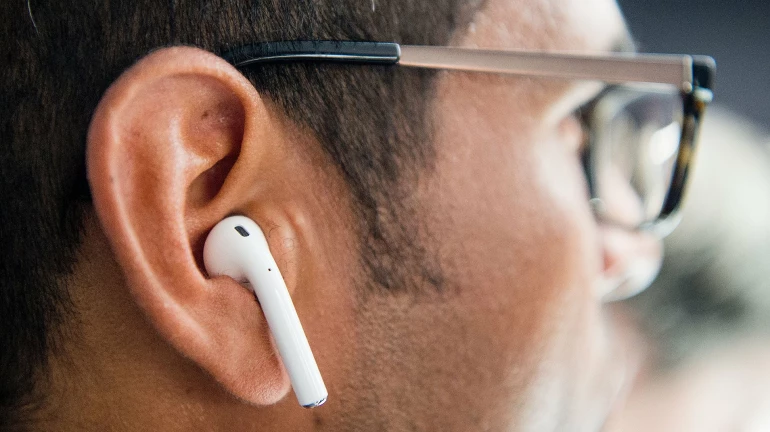
The monsoon season brings with it not only heavy rains but also a rise in infections of the ear, nose, and throat. The damp climate, constant humidity, and retained moisture in the body create a fertile environment for bacteria and fungi to thrive. As a result, many people, from children to adults, commonly experience earaches, sore throats, colds, and other related infections during this season. Alongside this, modern lifestyle habits—particularly the excessive and continuous use of earphones or Bluetooth earbuds—are worsening ear-related problems.
According to ENT specialists, prolonged use of earphones blocks air circulation within the ear canal. This leads to an increase in warmth and persistent dampness inside the ear. Such a moist environment becomes a breeding ground for fungi and bacteria, often resulting in conditions like Otitis Externa or Otomycosis, which are fungal infections of the ear. If untreated, these infections can cause persistent itching, pain, swelling, ear discharge, or difficulty in hearing. In more severe cases, they may even damage the eardrum and cause permanent hearing loss.
Dr. Binhi H. Desai is a renowned ENT surgeon practising Apex Group of Hospitals, Mumbai, cautioned, “The monsoon is often referred to as the “season of infections,” and while ear, nose, and throat infections are common, timely treatment and preventive care can help avoid serious consequences. Earphones trap moisture and block ventilation in the ear canal, which makes it easier for fungal infections to develop. Ignoring early symptoms and delaying treatment can allow the infection to spread, leading to damage of the eardrum and even long-term hearing impairment. During the monsoon, extra care is needed to protect ear health.”
Dr. Binhi H. Desai further added, to prevent such complications, doctors recommend avoiding prolonged use of earphones, especially while traveling outdoors or spending long hours in damp environments. Maintaining hygiene is equally important—earphones should be wiped clean and kept dry after every use. Using protective covers on earbuds and avoiding sharing earphones with others can significantly reduce the risk of cross-infection.
It is also critical to pay attention to warning signs such as itching, discomfort, pain, or persistent ear dampness. Instead of relying on home remedies, individuals are urged to consult an ENT specialist at the earliest. In many cases, neglecting these initial symptoms during the monsoon leads to worsening of the condition and more complex treatment requirements. Limiting the use of earphones, keeping ears dry, and seeking expert medical attention at the first sign of infection are the key steps to safeguard hearing health this season.





